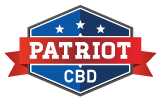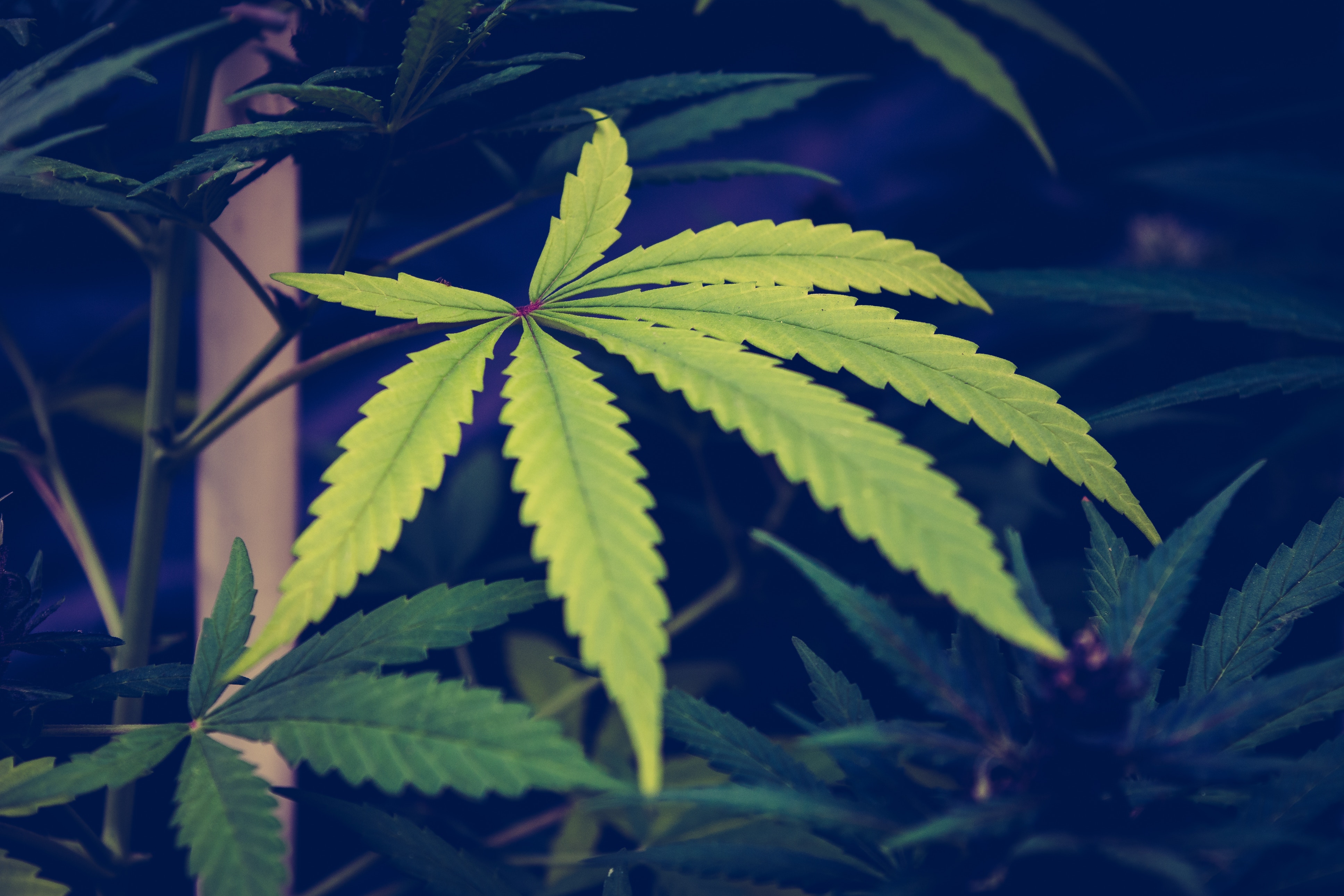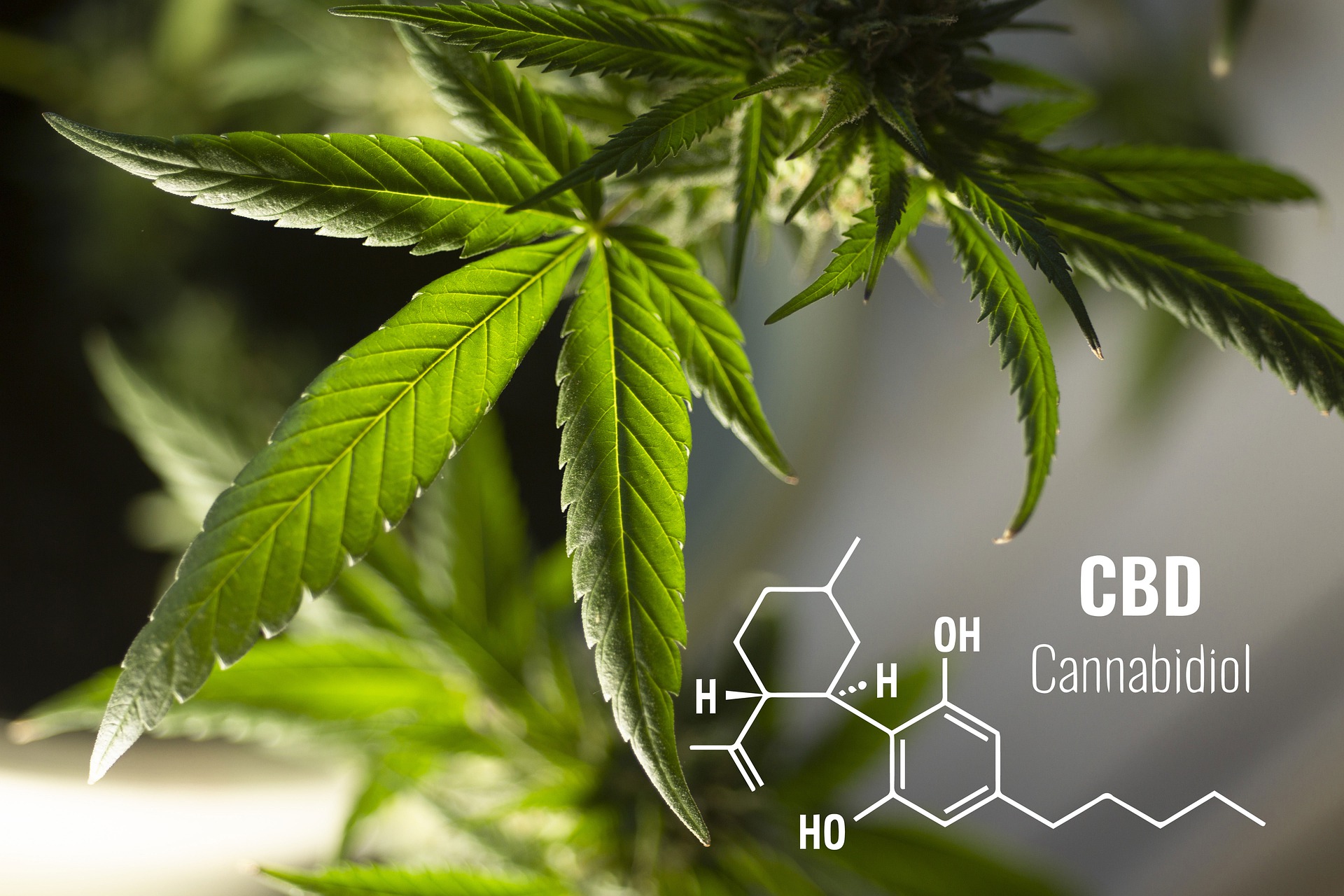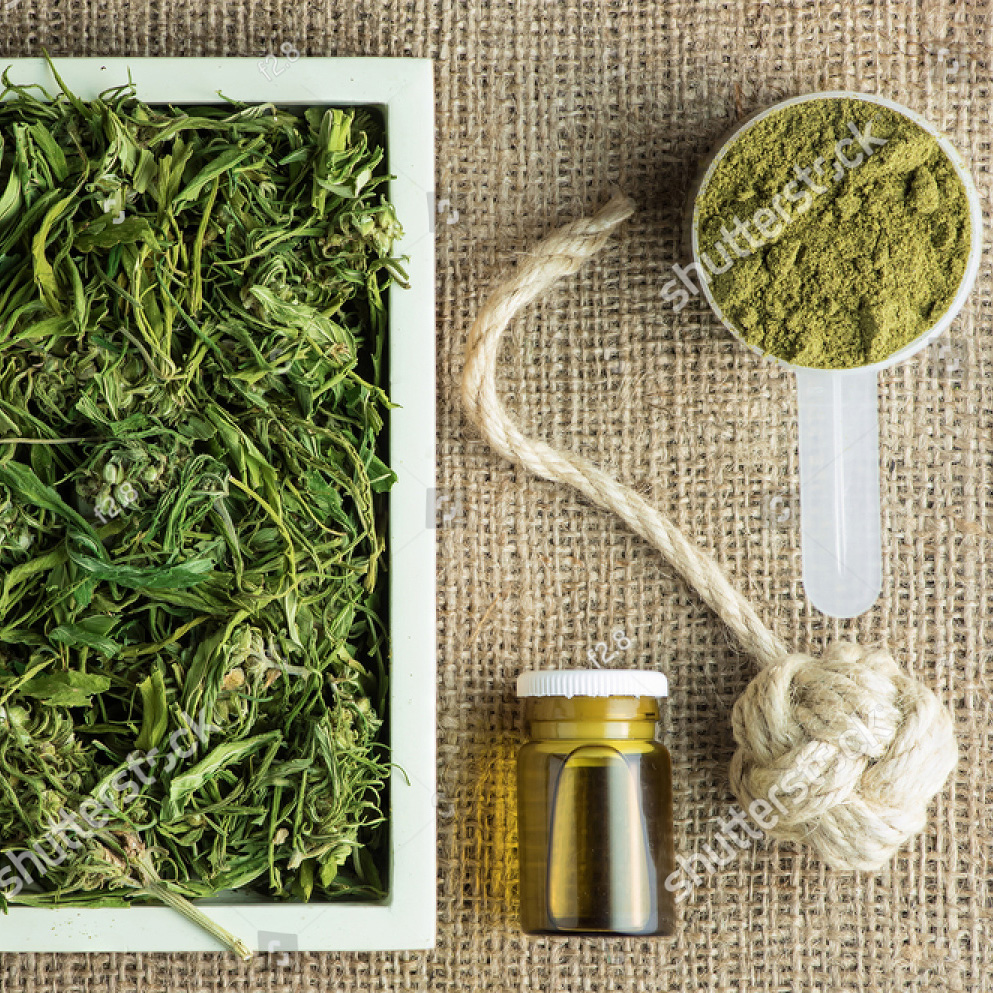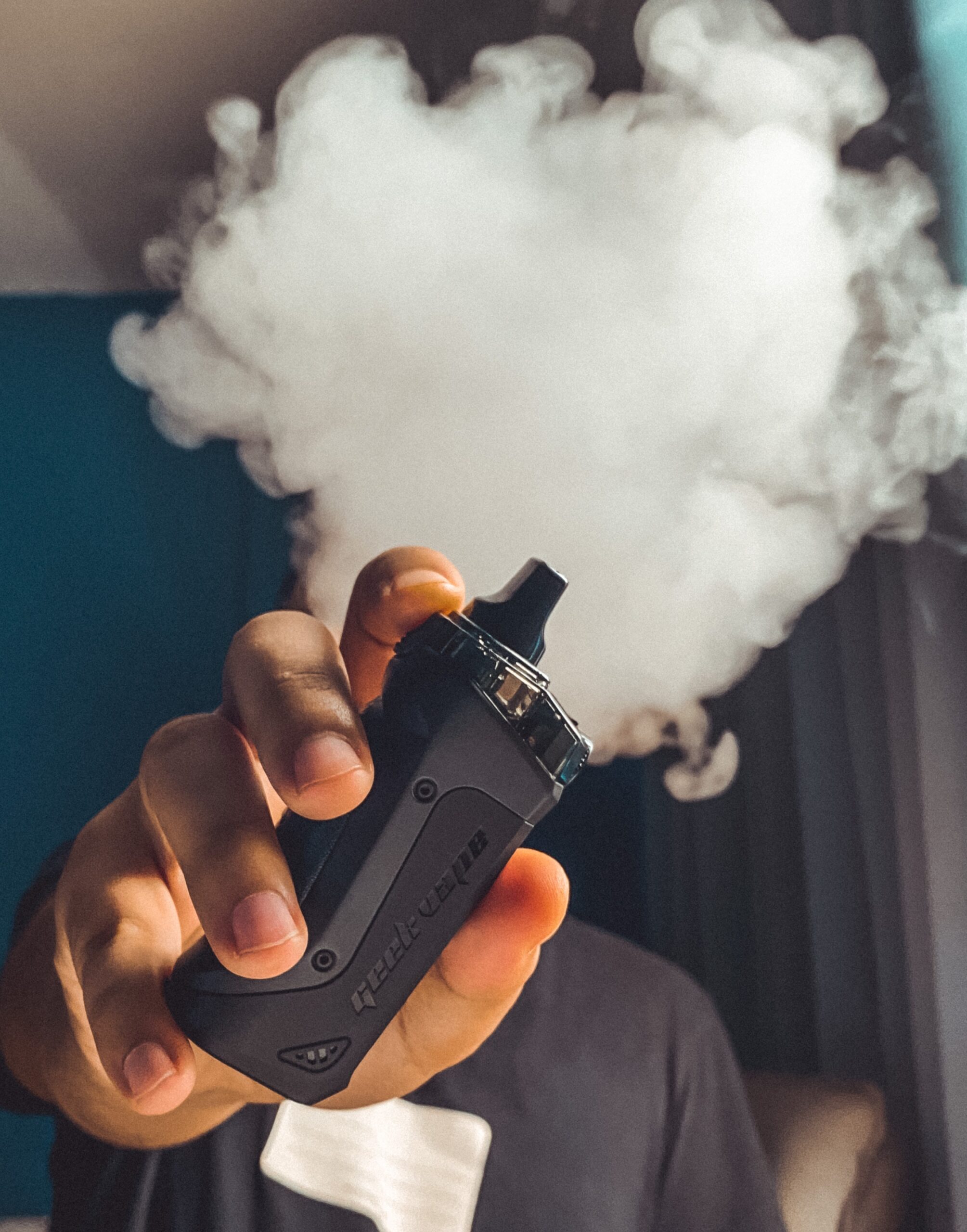Drug Testing, FDA Regulations and Other CBD Information For 2020
2020: The Year Of CBD
Hemp and CBD started off on a high note this year. The recent farm bill at the end of 2018, meant 2019 began with hemp becoming legal across the entire United States. For decades hemp has been federally illegal. This has been a huge step. Hemp has been liberated, and is now available to help millions of Americans – Farmers and consumers alike. So what’s next for the industry?
Some are predicting in the next 3 years, the CBD market will hit $22 Billion annually. Which, according to this prediction, 2019 will begin a huge increase in momentum for the CBD and hemp industries. As many know, hemp is more than CBD. Hemp is also a source of food, fuel, and fiber.
Hemp is a sustainable source of textiles for clothing and rope, it can be made into biofuel and plastic, the seeds are edible whole or in oil, and the flowers can be extracted for their cannabinoid content. In fact, there are over 22,000 products that hemp can be used for. Hemp is easily grown organic, as it is pest resistant, and it is not only easy to grow, but it actually gives more than it takes from the soil.
As the industry grows and becomes more legitimate, regulations are becoming stricter. CBD is still in a grey area, and as the FDA turns its attention to this supplement, there remains much uncertainty.
The FDA and Payment Processing Companies Are Cracking Down
When we take into account the food, fuel, and fiber markets for hemp, $22 billion is just a fraction of the overall industry. Even though there is a boom, and a huge increase in demand for all things hemp, the FDA has been flagging companies, sending warning letters, and making threats to tighten regulations. The market is still turbulent, and many questions are raised concerning the security and longevity of CBD related products and companies.
Furthermore, PayPal, banks and various payment processing companies have been closing and suspending accounts with CBD related sales. No one knows where this industry is headed. Ironically, the more uncertainty in the market, the more lucrative this industry becomes.
We feel CBD’s momentum in this country is unstoppable. It appears that tighter regulations are to weed out (pun intended) the “unprofessional” companies. This will bring about an industry built on integrity and trust. There are many subpar products on the market, making outlandish claims. Every health related products has its fair share of snake oil salesmen and CBD is certainly no exception. This can create confusion for consumers, as well as false expectations.
As 2019 continues, and 2020 approaches, we think the industry will continue to grow and flourish. We believe major banks will begin payment processing for CBD and cannabis related products, creating a greater boom. CBD is here, and it is here to stay. It is only a matter of time until we begin seeing CBD on the shelves of major stores such as Walgreens, Walmart and Safeway.
Drug Testing And CBD
Cannabis and Marijuana are not the same. Cannabis is a blanket term for hemp (non psychoactive) and marijuana (psychoactive). The majority of drug tests focus on THC (the cannabinoid that gets you high), but CBD (a non-psychoactive cannabinoid), is not tested for.
These same drug tests, test for substances such as cocaine, heroine, and meth. In the eyes of workplaces, the military and probation offices, it doesn’t matter whether you test positive for these “hard drugs” or THC. A failed test is a failed test.
So How Does CBD Fit Into The Drug Tests?
Many CBD products have small amounts of THC (less than 0.3% THC), which means that there is a risk for testing positive on a drug test. Although the risk of testing positive is small, it is not worth the risk of taking CBD with THC for those who are routinely tested. That’s why we’ve created our full spectrum Zero THC CBD products.
Our hope is that drug testing regulations become looser, especially in “weed legal” states such as Colorado and Washington. However, this is a hope and likely not realistic. We expect that drug tests will continue to test positive for THC. The market will likely continue to be saturated with Zero THC CBD products, and a weeding out process will begin. With THC being an important component in cannabis, including hemp, many people claim that zero THC CBD products are ineffective.
Zero THC CBD Products
CBD isolates appear far less effective than full spectrum extracts, so for that reason we recommend people find full spectrum zero THC products, rather than CBD isolates. Those who are routinely drug tested are often in high stress work, such as veterans, military personnel, and government workers.
CBD is a great solution for stress, and also for treating injuries and PTSD. There is no reason drug tests should stop those who are suffering from having access to a viable and safe solution.
Furthermore, for those who are on probation, CBD can help with withdrawals, and the transition away from other substances. Even for those who are heavy marijuana users, CBD is an excellent substance for transitioning off of its psychoactive sister. It can be hard to quit cold turkey, especially when one’s freedom depends on it. Zero THC CBD products offer an excellent stress reliever for those on probation.
Moving Forward Into 2020
As the CBD industry continues to grow, regulatory agencies such as the FDA will tighten the laws and regulations. Even though hemp is federally legal, CBD remains in a grey area. It will take time for the difference between CBD and THC to become common sense. Authorities need to be educated, and we expect that by the tail end of 2019, education will become more common and false arrests for CBD will be reduced.
Furthermore, some states will see cannabis as cannabis. This means whether the product is non psychoactive (such as CBD) or whether it gets you high (like THC), states will ban it outright. This is already occurring in states such as South Dakota. For that reason, it is important to be aware and savvy when you are traveling with CBD products. Ensure that as you cross state borders, you know the laws surrounding CBD.
Pharmaceutical companies are beginning to turn their gaze to CBD. This is because it works. We will begin to see artificial or isolated CBD products sold by pharmaceutical companies, which means some healthcare plans will most likely cover CBD by 2020. Whether these products are more or less effective than natural CBD supplements remains to be seen. Time will tell, and further testing is needed.
A Note To Consumers: Be Vigilant.
There is no stopping the momentum of CBD in the United States. As this momentum continues to grow, subpar oils and “snake oil” salesmen will begin popping up left, right and center. As a consumer it is important to be vigilant. Check the laboratory analysis of the oils to ensure they are full spectrum, with plenty of terpenes and other cannabinoids.
Furthermore, it is imperative to ensure that there are little to no pesticide or heavy metal residues in the oil. Because CBD and hemp oils are highly concentrated supplements, dangerous compounds will also be highly concentrated. Many cost effective oils are coming from China or other unreliable sources. It is best to pay the higher price when your health is concerned. Don’t cheap out. Get the best oil for the best results. Your health is your greatest asset.
